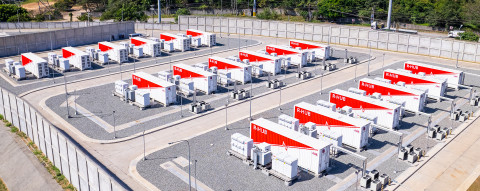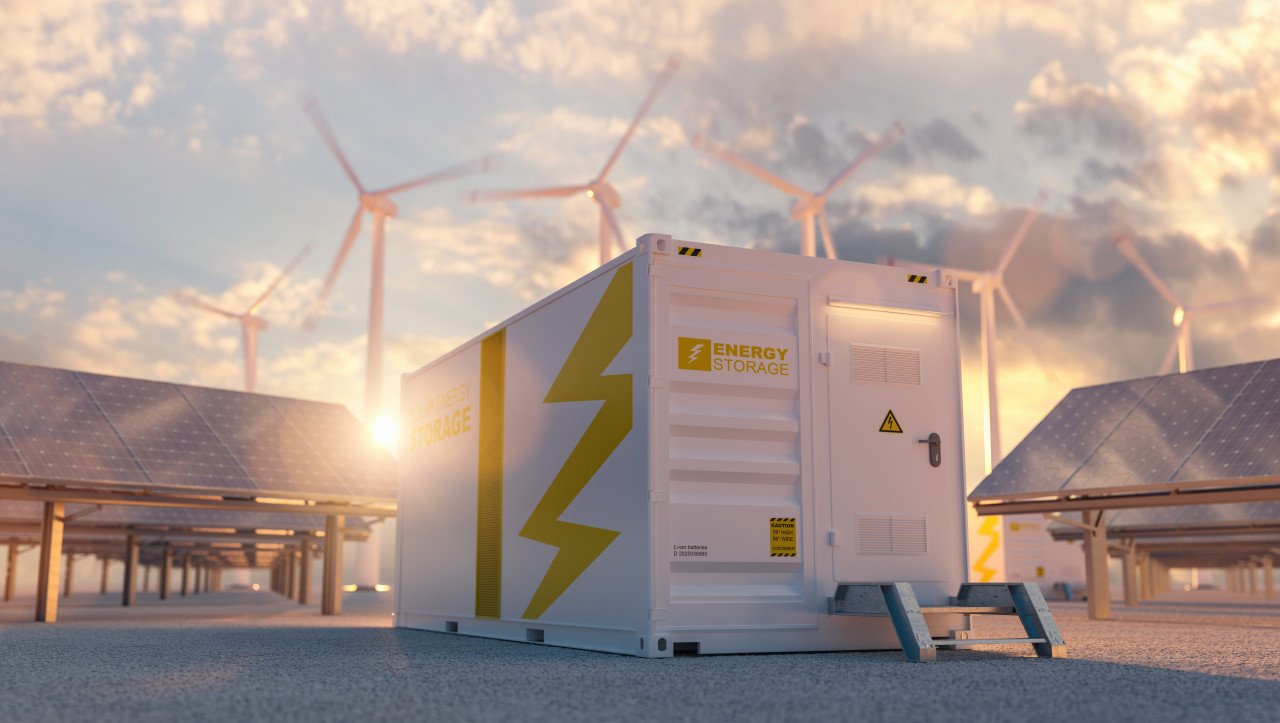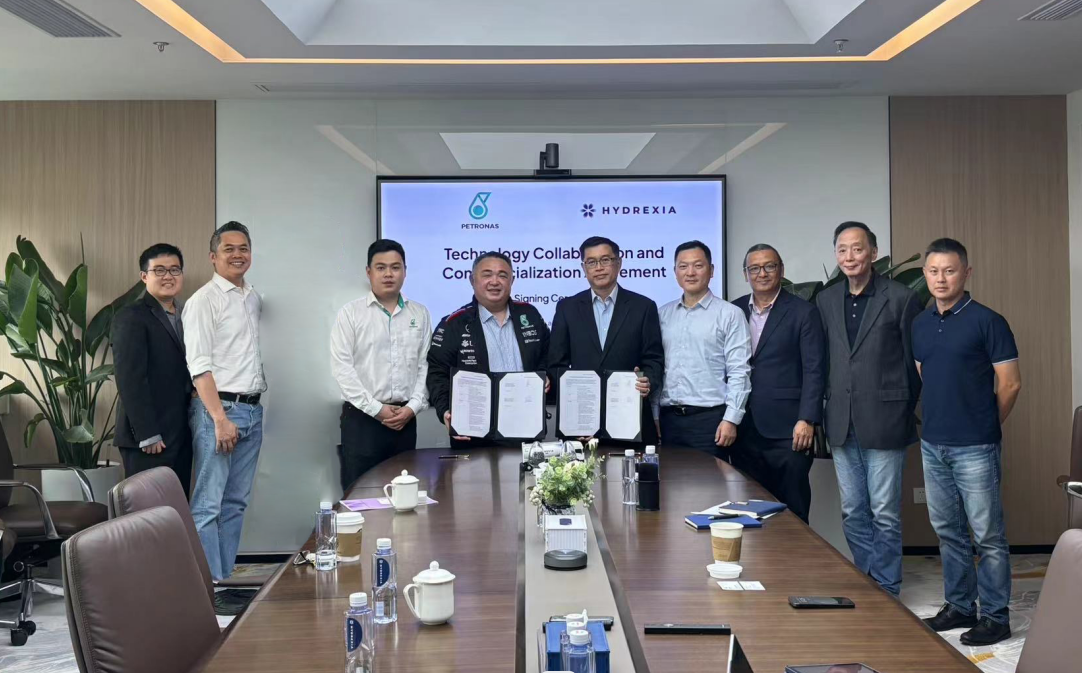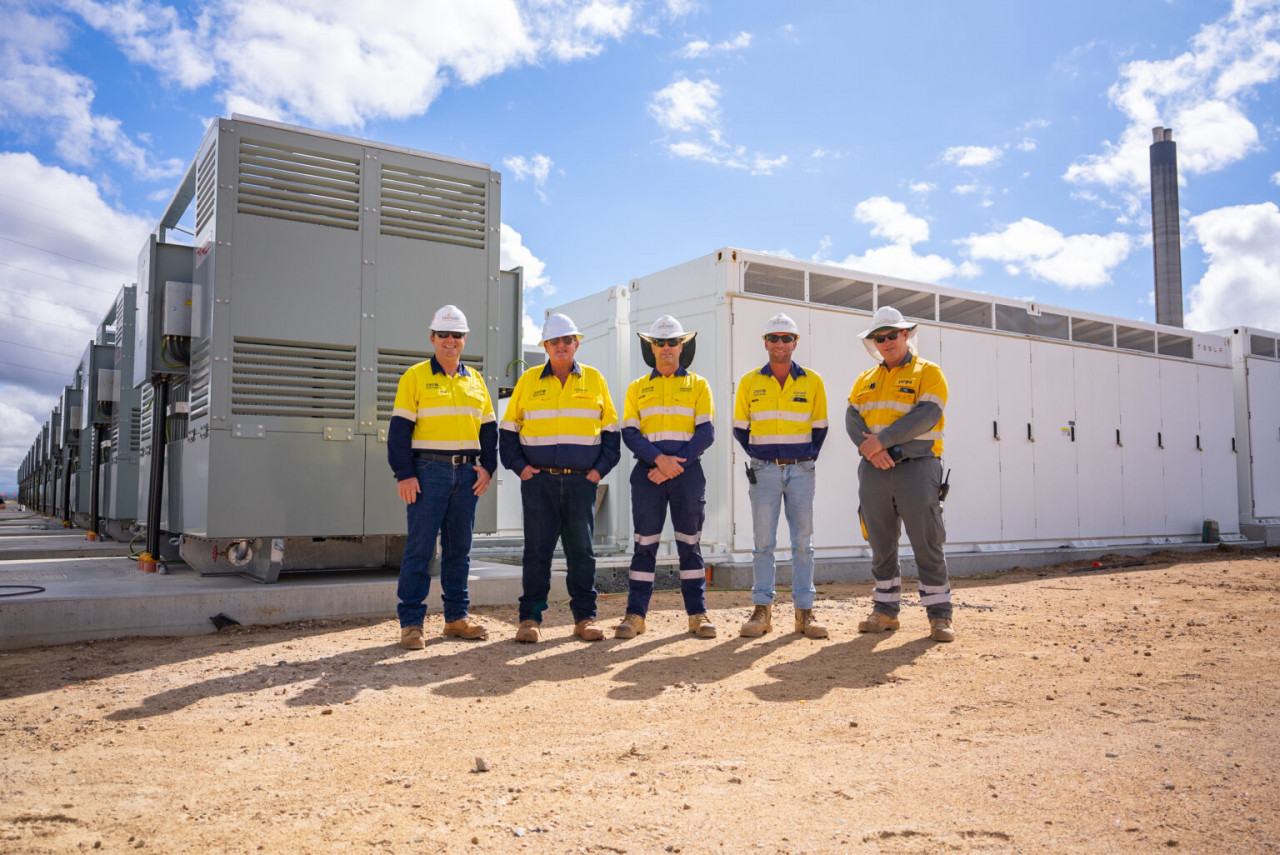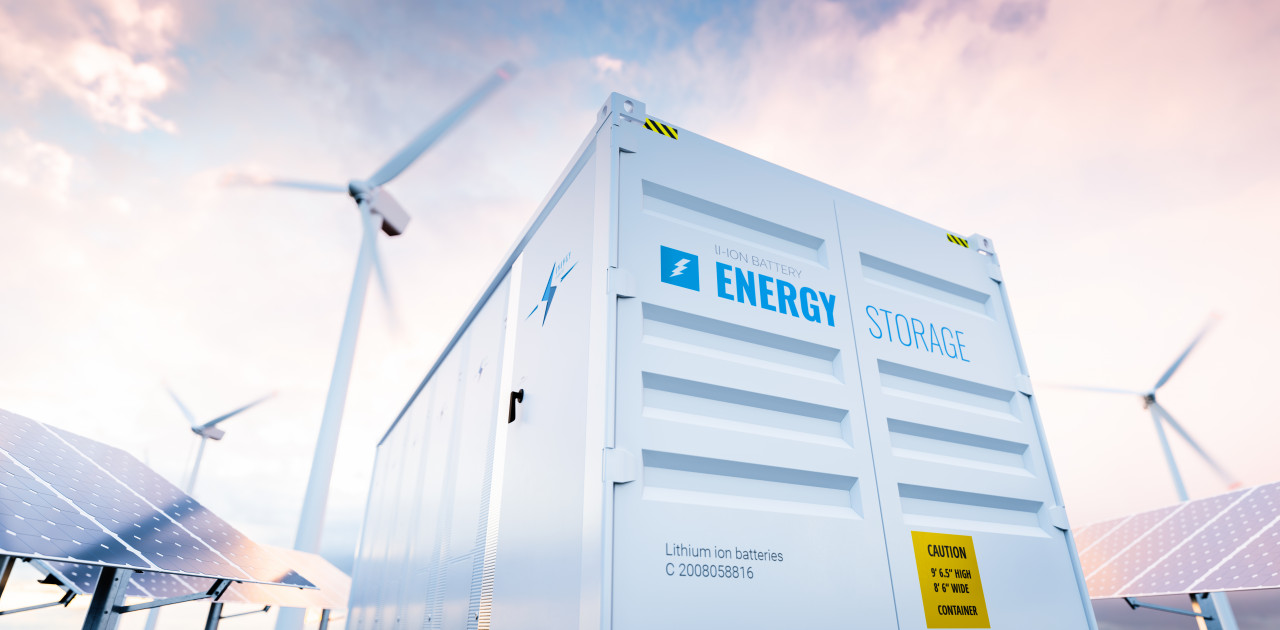Leader Energy, BASF to develop LDES projects using NGK's NAS batteries
Malaysian firm Leader Energy has recently signed an MoU with BASF Stationary Energy Storage GmbH (BSES), who is an exclusive global distributor of sodium-sulphur (NAS) batteries produced by NGK Insulators in Japan.
The objective of the partnership is to promote the development of long-duration energy storage (LDES) projects in Southeast Asia including Malaysia. Leader Energy seeks to deliver comprehensive turnkey solutions for these projects and use NAS batteries supplied by BSES.
The company has already identified 8 LDES projects with a total estimated value of RM1.8 billion. Speaking on the latest MoU, Leader Energy's Executive Deputy Chairman, Dato' Sean H'ng Chun Hsiang said, "As we embark on our continuous pursuit towards net zero emissions, we are proud to announce our strategic partnership with BSES".
"Our commitment towards sustainability is evident as showcased by the list of projects we intend to be involved in using NAS batteries. This collaboration will allow us to leverage on each other's skillset to penetrate further into the power industry in Southeast Asia while offering more comprehensive solutions which will make renewable energy a more reliable and viable option".
He further added that LDES solutions will alleviate the concerns for night time practicality, when solar irradiance is unavailable. "Ultimately, we intend to encourage others to gradually embrace the push towards a more sustainable future", Hsiang said.
Leader Energy, together with its subsidiaries and jointly controlled entities, is an independent power producer principally involved in the development, ownership, operations and maintenance of power assets and projects in the region.
NAS batteries manufactured by NGK boasts an output of 250kW and a storage capacity of 1,450kWh, with support for six hours backup. It is to be noted that BASF has operationalized a 5.8MWh NGK sodium-sulfur battery storage system in Belgium last year. The company is promoting NGK's NAS energy storage systems since 2019.
